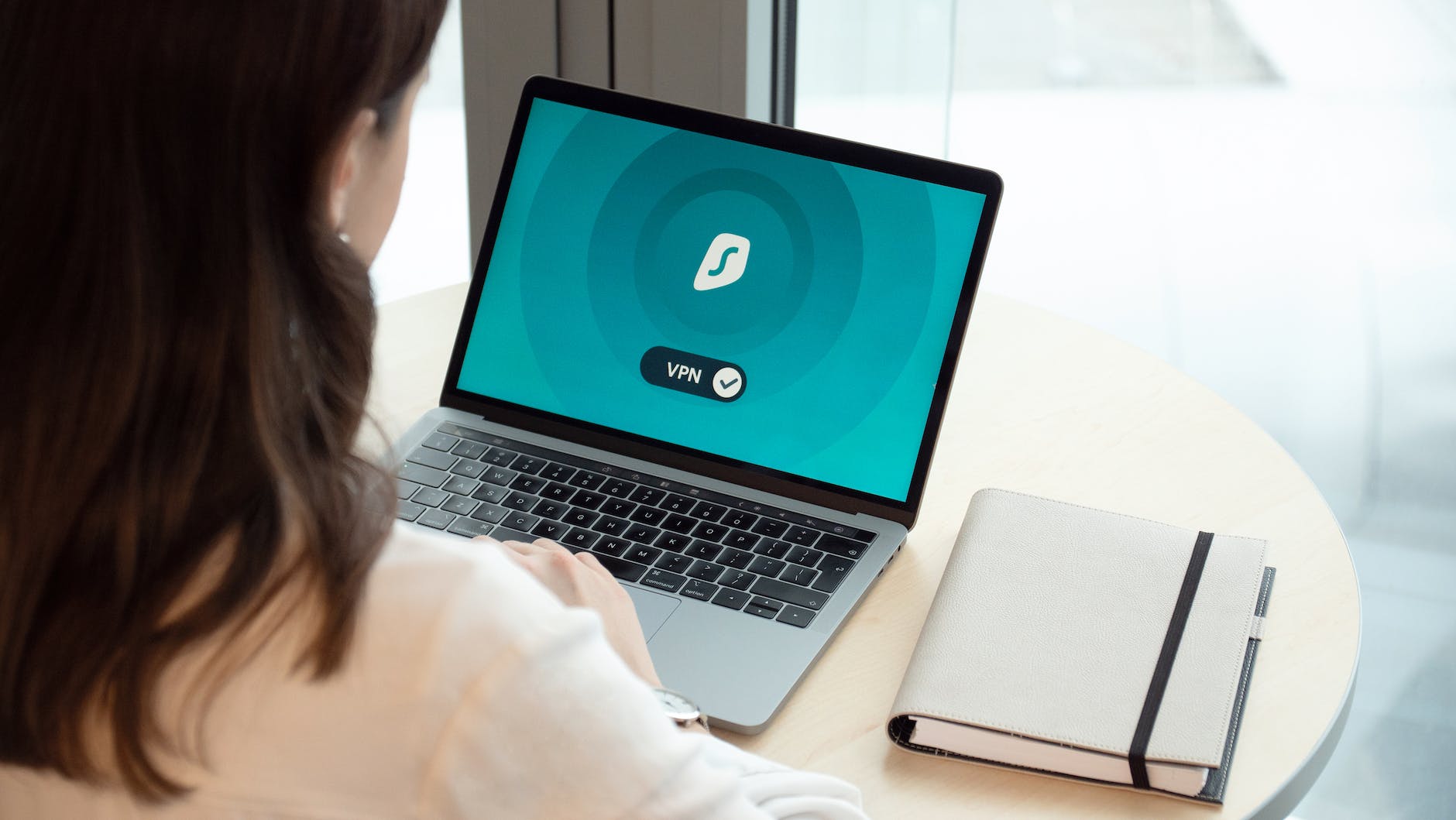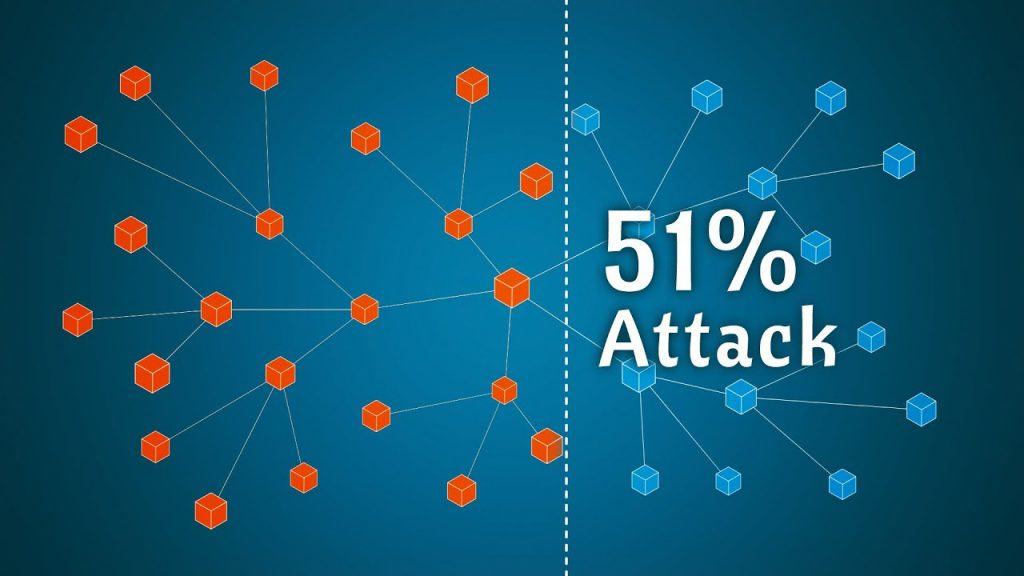Lyca Mobile has pioneered a new age in international telecom, combining the power of connectivity with affordability to connect people all over the world. Belonging to the Lyca group of companies along with its sister company LycaTel, Lyca Mobile has attracted some 16 million customers across 22 different countries.
The world’s largest mobile virtual network operator, Lyca Mobile strives to make the lives of its customers easier while simultaneously raising the bar for quality of services. This article will explore the issue of mobile security, looking at tactics to keep smartphones and other devices safe from cybercriminals.
Cybersecurity is a huge issue today, particularly in business where mobile technology is increasingly used to access and store sensitive data. Over the years, mobile devices have evolved to the point where they now rival computers in terms of processing power. However, unlike a desktop computer, smartphones are easy to transport and steal, meaning they require even more protection than a traditional computer.
Today, mobile phones play an integral role in day-to-day life. People use them to watch their favourite shows, browse the web, pay for goods and complete banking transactions. This has made members of the public all the more vulnerable to cyberthreats, with fraudsters innovating increasingly sophisticated ways of infiltrating devices and stealing data.
Cybersecurity experts recommend taking the following steps to keep smartphones and other mobile devices secure:
- Always lock smartphones when not in use, setting up Facial Recognition or Touch ID and backing it up with a unique pattern or PIN
- Avoid using public charging stations
- Use caution when connecting to public W-Fi networks, including avoiding websites like banks that contain sensitive information
- Avoid downloading apps from third-party sites, since these provide easy access for cybercriminals creating ‘spoof’ apps and tricking people into downloading spyware or malware onto their device
- Avoid clicking on links on emails, even if the sender is familiar
- Back up smartphone data regularly
- Use a different password for each account and avoid saving them in a browser – password managers can be used to help record and manage unique passwords for each app, enabling users to test their password strength before using it
- Enable two-factor authentication for key accounts such as peer-to-peer payment apps and banking apps
- Invest in antivirus software and mobile threat defence
Most people take care to lock their car or their front door but not necessarily their mobile phone. However, it is crucial to take mobile device security seriously. These pocket-sized computers contain all manner of sensitive information, contacts, passwords and photos, all of which could leave a person very vulnerable if this data fell into the wrong hands.








